FAQ Blog
What is Resin Bound Surfacing?
Resin Bound Surfacing, or Resin Bound Gravel, is becoming a popular choice as a hard wearing decorative finish for driveways, footpaths and car parks despite being a more expensive alternative. Resin Bound surfacing provides a smooth, low maintenance surface with similar durability to tarmac. It’s porous and is made with range of natural and recycled aggregates. The finished product is a seamless bound paving surface, which is flexible and resistant to cracking and it can be applied onto asphalt and concrete, or other similar stable surfaces.
Resin Bound surfacing is an excellent product and well worth looking into as an option for your driveway. Just give us a call and we can supply you with all the information and samples you need to make an informed decision.
The Process
The chosen Resin Bound aggregate, of which there are many different finishes, is mixed with the resin in a large mechanical mixer, or with smaller hand held mixer for isolated areas. It would typically be transported to laying area by wheelbarrow then trowelled down to a smooth finish similar to a screed. Where area sizes allow, this could then be “power floated” (see pictures) to smooth the larger areas. Depths vary depending on use and range from 12mm to 24mm.
Preparation
Preparation is key in any surfacing works. For a brand new area we would require a sub base of compacted Type 1 Aggregate (crushed rock) at a minimum depth of 100mm for pedestrian use and up to 250mm plus for more heavy duty areas. On this we would lay an “open graded” asphalt concrete (AC) binder course of 70mm depth for pedestrian use and driveways or similar lighter parking areas. The “open graded” specification refers to the lack of fines in the asphalt concrete or tarmac and therefore makes the material permeable. Perfect for the porous Resin Bound surfacing.
You can lay Resin Bound surfacing upon any stable substrate like and existing driveway, but if preparing from scratch we would use the above approach.
Footpaths – Pedestrian Use Only
For purely pedestrian areas, we would lay a 12mm – 16mm of Resin Bound surface course, which is only sufficient for foot fall. Although some clients ask for thicker layers to pedestrian areas, there is really no need to lay the Resin Bound any thicker than this. With increased thickness come more material and a higher cost.
Driveways – Light Vehicular Use
For a driveway application you would lay 16mm – 18mm depth and we would recommend using an aggregate size of 6mm. Upon a proper binder course and sub base, or correctly prepared existing surface, this will stand up to the wear and tear of everyday parking.
Car Parks and Heavy Duty Access
As a decorative finish, and one that is more expensive, it’s not as common to see Resin Bound surfacing being used in more commercial areas. However, you will find it installed in areas that require a decorative finish but must also receive heavier traffic. In this instance you may be laying it on 2 layers of tarmac binder course and much more substantial sub base. For heavier trafficked areas that receive, for example, light delivery vehicles or areas that need to withstand emergency vehicle access we would lay up to 24mm depth.
What’s the Difference Between Resin Bound and Resin Bonded?
We are often asked about Resin Bonded and what the differences between this and Resin Bound are. It’s important to know this so that you’re not given a price for two different products that can be confused as the same. Below is a summary.
Unlike Resin Bound, Resin Bonded surfacing is a scattered aggregate system that provides texture and the appearance of loose gravel.
A layer of resin is applied to a suitable surface and covered with loose aggregate. Once cured the remaining loose stones are removed. This surface requires regular maintenance and unfortunately this system is less hard wearing and more prone to issues. As such Resin Bonded is a surface finish that we no longer supply. We want to provide our clients with a good long lasting finish and some products don’t meet our high standards.
Mark Edwards
Surveyor, Edwards Surfacing
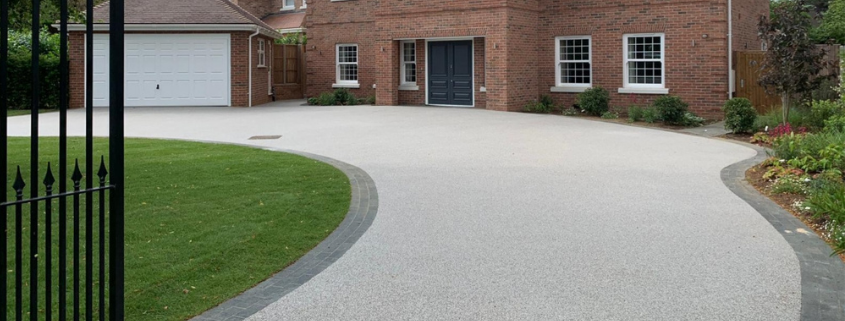



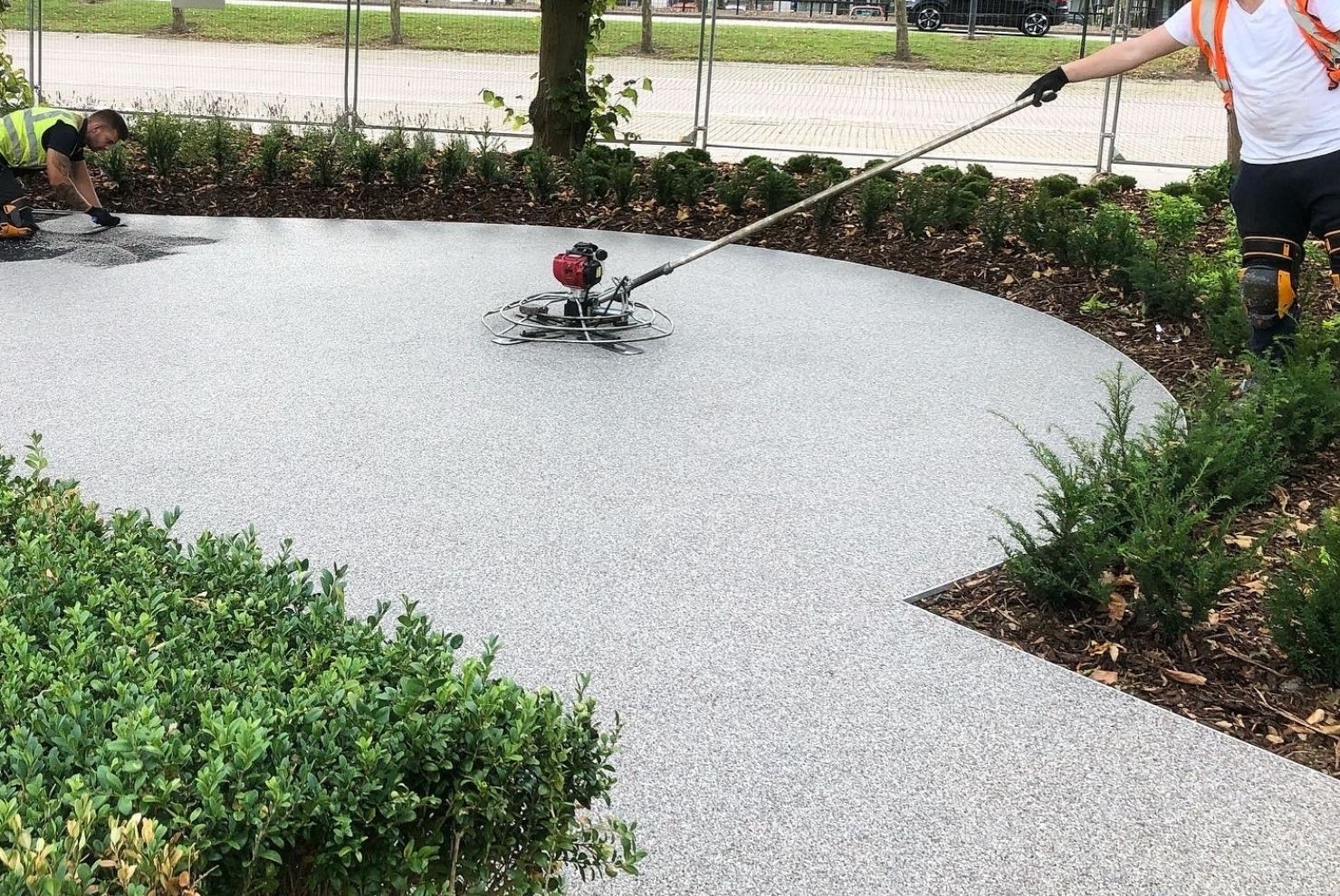
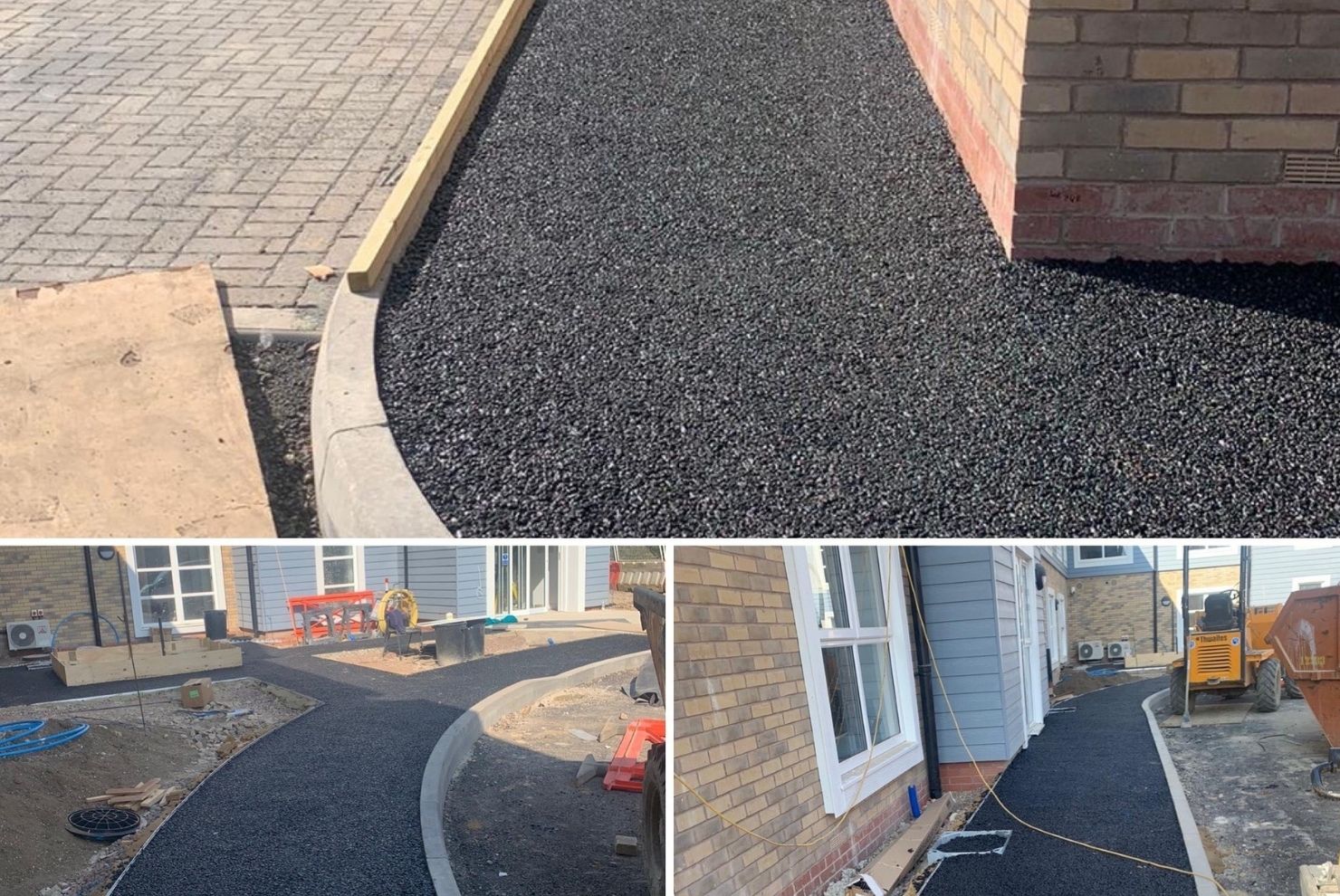




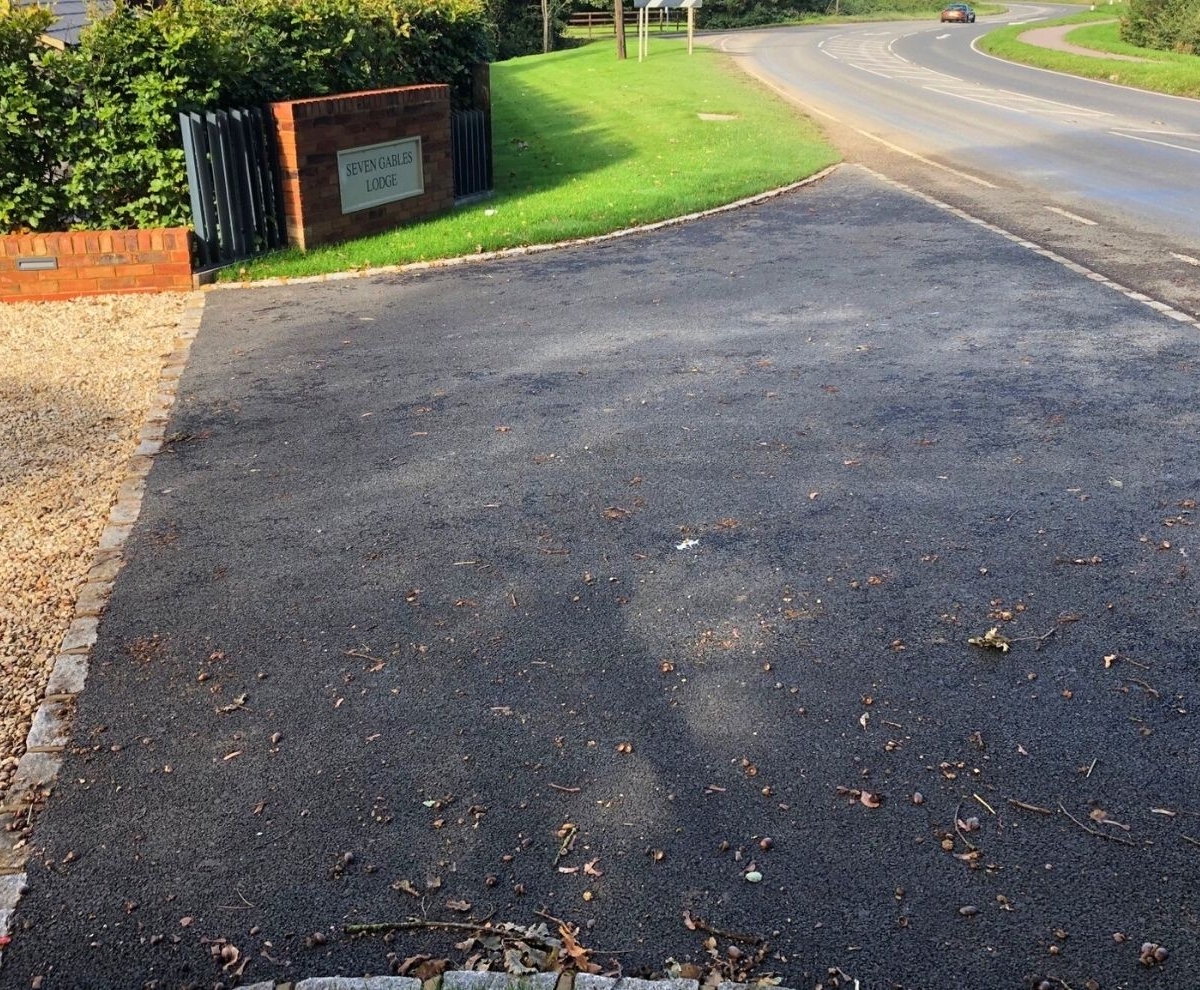
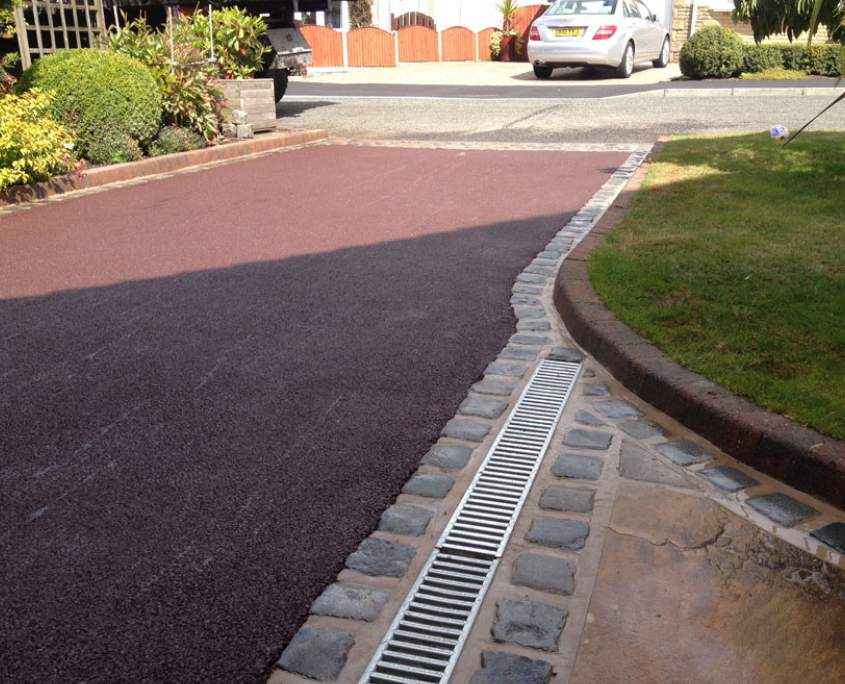
Leave a Reply
Want to join the discussion?Feel free to contribute!